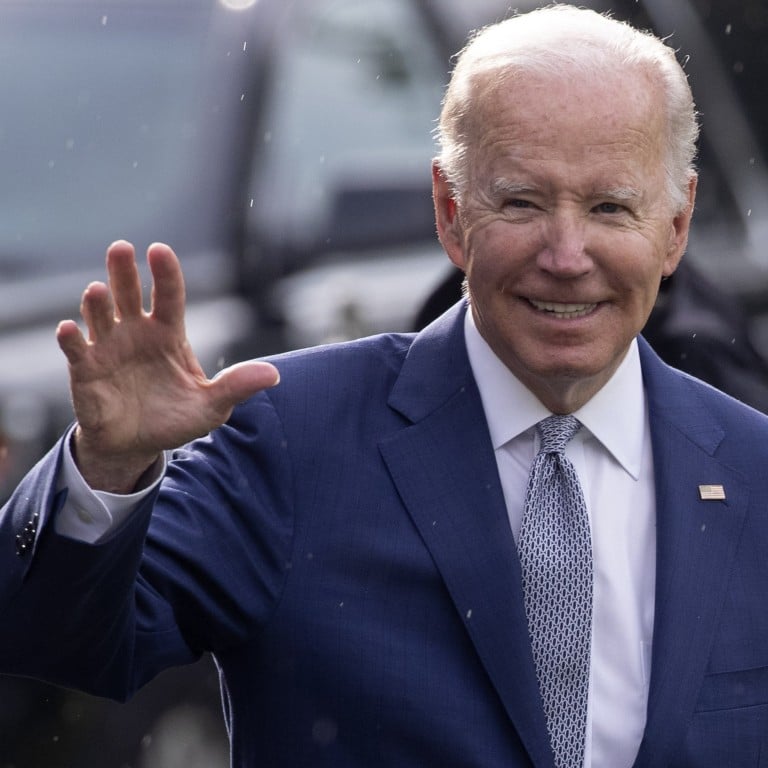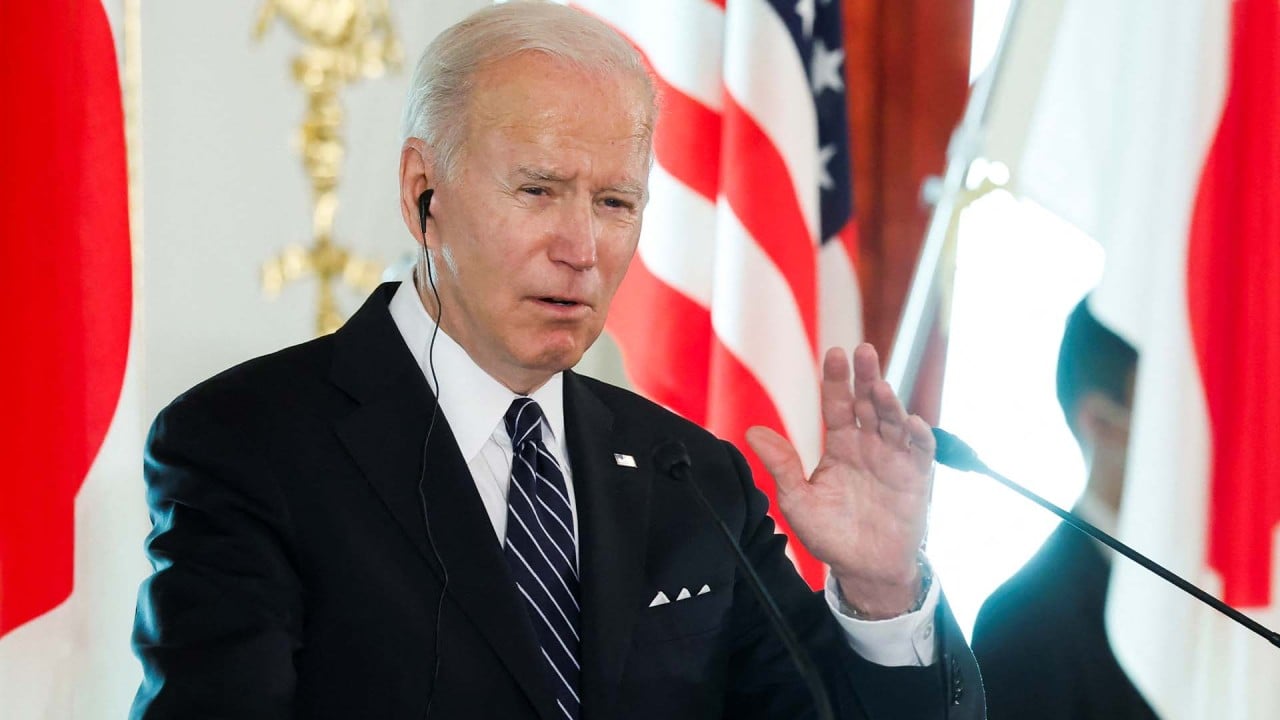
Taiwan admits paying American lobbyists to help establish closer US ties amid rising pressure from Beijing
- Island’s foreign ministry says it hired PR firms to help US government and others ‘have a better understanding of Taiwan’, saying lobbying transparency is key
- Lobbyists Bob Dole and Dick Gephardt – both former US politicians – helped put Taiwanese officials in front of key White House figures, according to reports
“Regardless of which political party is the government, this is a long-time practice for our representative office in the US to hire public relations firms to assist us in strengthening ties with the United States,” Taiwan’s foreign ministry spokeswoman Joanne Ou said in a news conference on Thursday.
She stressed that the main opposition Kuomintang had also engaged PR experts when it was in government.
“Many countries have also hired public relations firms to lobby [the US],” she said, adding there was nothing wrong with the practice as long as the procedures were legal and transparent.
Ou’s comments came after local media reported that the independence-leaning DPP government was spending big bucks in the US in a bid to improve its image as a capable administration to allow it to build rock-solid ties with Washington.
The closer ties have continued since Joe Biden became president, with his administration following Trump’s policy of sharp competition with Beijing on almost every front, especially in the area of Chinese military expansion, which Washington sees as the source of regional tension.
However, Taipei-based United Daily News said the rock-solid Taiwan-US ties were the result of the DPP government paying a significant amount of money to at least three political PR companies to help influence the White House and US Congress.
Chinese concerns rise over US policy shift on Taiwan
The unprecedented conversation that prompted angry protests from Beijing was the result of a deal with Dole’s Washington law firm, Alston & Bird, for which the Taiwanese side paid US$140,000 between May and October in 2016 for Dole’s efforts, according to The New York Times.
The United Daily News also said DPP government authorities had paid another lobbying firm, Potomac International Partners, US$30,000 a month to pull strings with former US vice-president Mike Pence to better connect with the White House.
Quoting US Opensecrets online investigation network, the United Daily News said the DPP had paid more than US$3.2 million for lobbying during 2017, the first year Trump was in office.
When Biden took office in 2021, the DPP government shifted its lobbying focus to the Democrats, targeting US House Speaker Nancy Pelosi, the daily said, adding that through the lobbying firm of former US House minority leader Dick Gephardt, Taiwan’s de facto ambassador Hsiao Bi-khim obtained a ticket from Pelosi to attend Biden’s inaugural ceremony at the White House.
When Tsai made a transit stop in New York on her way to visit Taiwan’s Caribbean diplomatic allies in 2019, Tsai was able to meet Pelosi, the daily said, adding it was the result of an arrangement by Gephardt.
According to a report released by the Washington-based think tank Centre for International Policy in April 2021, Taiwan’s foreign agents have been pushing the US for years to adopt many of the policies the Biden government and the new Congress are now pursuing.
Ben Freeman, director of the centre’s foreign influence transparency initiative, who co-authored the report, says a 2021 bill sponsored by Republican House Representative Young Kim to direct the secretary of state “to work on the issue of Taiwan’s observer status at the World Health Organization can be traced back to lobbying by Gephardt and his firm Gephardt Group Government Affairs two years ago”.
Taiwan has paid US$900,000 for ally Guatemala to lobby US officials
According to Freeman, Taiwan registered seven firms as foreign agents for the government in Taipei and its de facto embassy in Washington. But he noted that Taiwan’s lobbying operation in Washington was dwarfed by those of other US-friendly nations, such as Japan and South Korea.
In Taipei, Ou said it was unfair to distort the efforts of the government and US politicians in promoting the island’s ties with the US.
She said all lobbying companies in the US were required to be transparent and must follow US laws. Also, funding for Taiwan’s agents must go through strict review by the island’s legislature.
On whether the government had increased the budget for lobbying work in the US, Ou said the ministry would make “slight adjustments” according to needs.
“The function of public relations companies is to help the US government and people to have a better understanding of Taiwan,” she said, adding that the solid Taiwan-US ties were the result of the island’s own efforts, help from the US, and help from companies on the sidelines.



